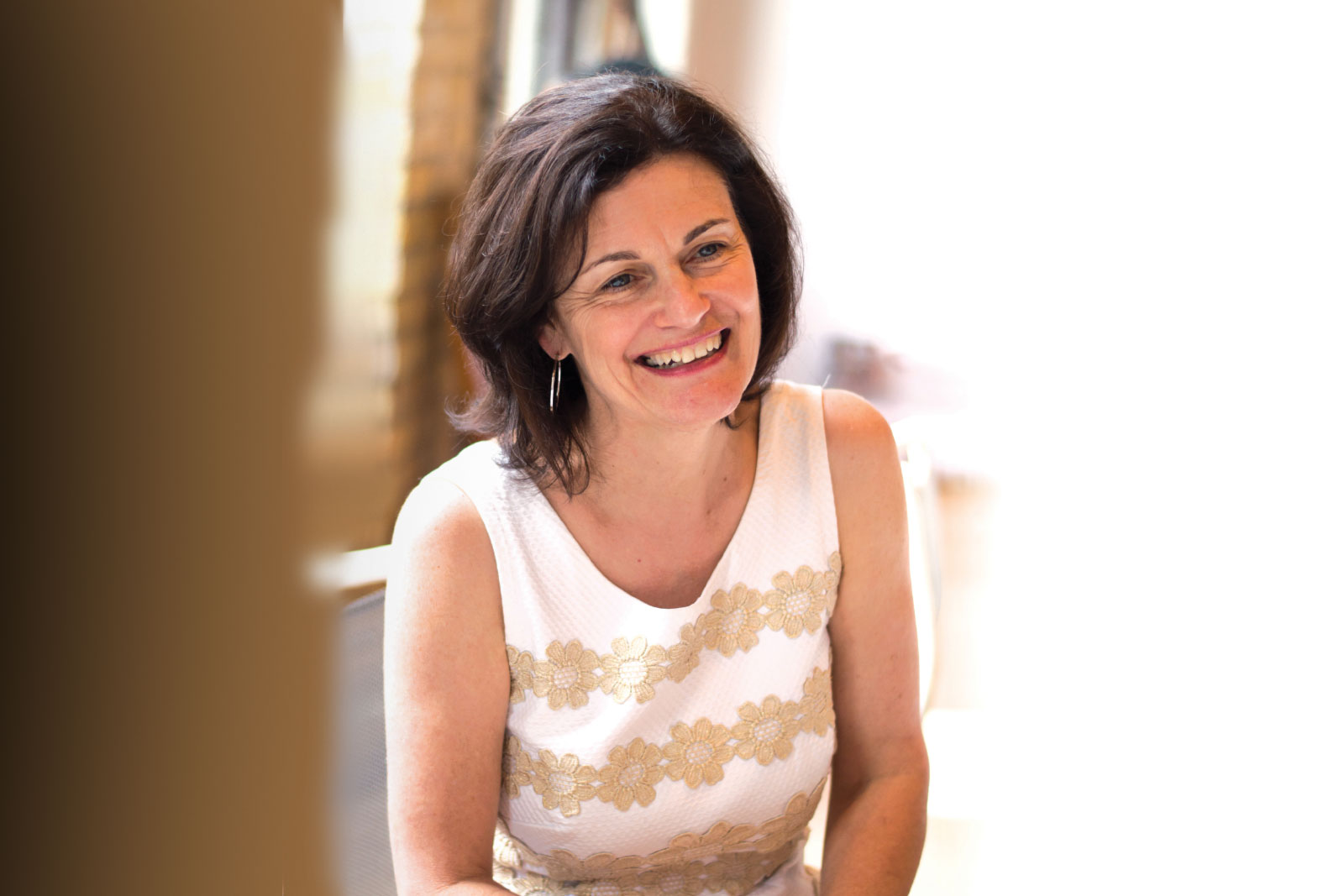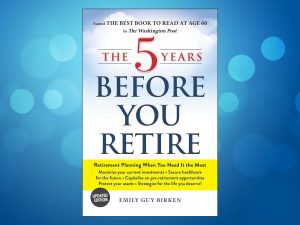Vaccines are on the horizon, we hope. Now the challenge is to roll them out fairly and to those who need them most – our front liners, the “vulnerable” and older adults. “So much about this virus, and in consequence about this year, has been about management of risk for the elderly. In that way, the pandemic has been a reminder of a central fact about the human collective in 2020: it is ageing,” says trend-watcher and author, David Mattin, in his newsletter, New World Same Humans.
Highlighting the momentous impact of the pandemic on our current and future lives, Mattin suggests the impact of what we’ve all been through in 2020 will re-shape and re-order our response to everything – life, politics, wealth distribution, technology, the existence of cities, education, our relationships to one another, and even climate change for the coming decades.
With a growing need to provide care to the elderly, it seems that there’s a push to rethink the meaning of work. In fact, Mattin calls for us to “take this chance to embrace a new vision of work: as care, companionship, and simply being there for those who need us most.”
Our vulnerabilities, so dramatically apparent this year, will, according to Mattin and others, lead to deep shifts that will see us remap and reorient our lifestyles and economies around a new vision of productivity and, thank goodness, caring for each other.
A post-pandemic world will see what we now consider mid-life stretching into the 70s and grow increasingly inclusive and understanding of the needs of older adults. Two powerful megatrends – automation and ageing societies – will combine to produce new orientations to work, and to the broader economy.
“It’s possible to imagine a world in which productivity is held to be a virtue only of machines, while simply being there for one another is seen to be the only true work of humans” says Mattin, “It will allow greater numbers of people to keep one foot in the traditional economy while also staying close to family.”
Despite the fact, that we’re a long way from that right now, it’s worth a think. If Mattin is right, we just might see a brave new world where it will seem strange to move away from our families for work, and even stranger to leave our elderly parents in the care of others
Caroline
Editor-in-Chief













